Robinhood’s bold move to offer tokenized exposure to private equity may signal a new era in democratized investing, but legal experts warn it comes with serious risks. The platform recently launched a product for European users allowing fractional investment in high-profile private companies like OpenAI through special purpose vehicles (SPVs). However, these tokens don’t represent actual shares—raising red flags about investor rights and legal validity.
Crypto lawyer John Montague cautioned that Robinhood’s approach could trigger lawsuits from private firms claiming violations of governance rules, shareholder agreements, or transfer restrictions. “It’s the issuer’s right to control the terms of transfer,” he said in an interview with CoinDesk. OpenAI, one of the companies featured, has already distanced itself from the offering, calling it unauthorized.
This legal tension isn’t isolated. In April, Figure AI sent cease-and-desist letters to brokers allegedly selling its shares without consent, emphasizing that secondary trading requires board approval.
Montague believes such enforcement actions will increase. If investors resell shares or set up SPVs in violation of company bylaws, issuers could pursue injunctive relief for breach of contract. The U.S. Securities and Exchange Commission (SEC) has also begun weighing in. While not naming Robinhood directly, Commissioner Hester Peirce reiterated that tokenized equity constitutes securities and must comply with federal disclosure laws.
Bankruptcy poses another concern. Linqto, a similar platform, recently filed for bankruptcy, casting doubt on whether token holders would retain any rights. Montague warns the structure could inflate speculative bubbles, offering economic exposure without ownership or governance rights.
Still, he remains cautiously optimistic, calling Robinhood’s initiative a necessary risk to push regulatory clarity and improve liquidity in private markets.







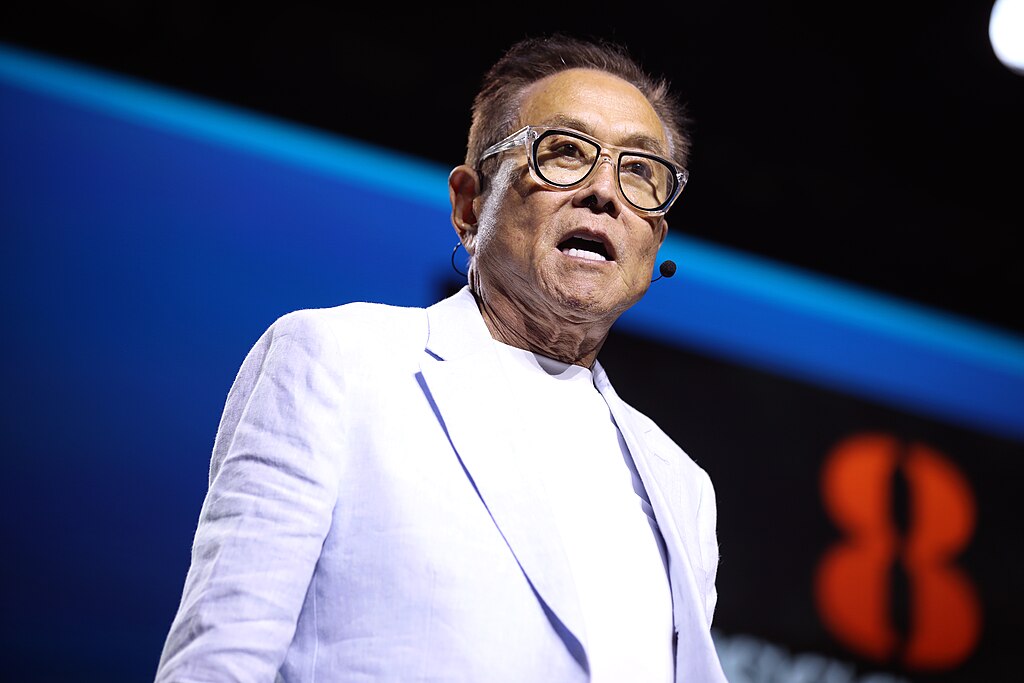

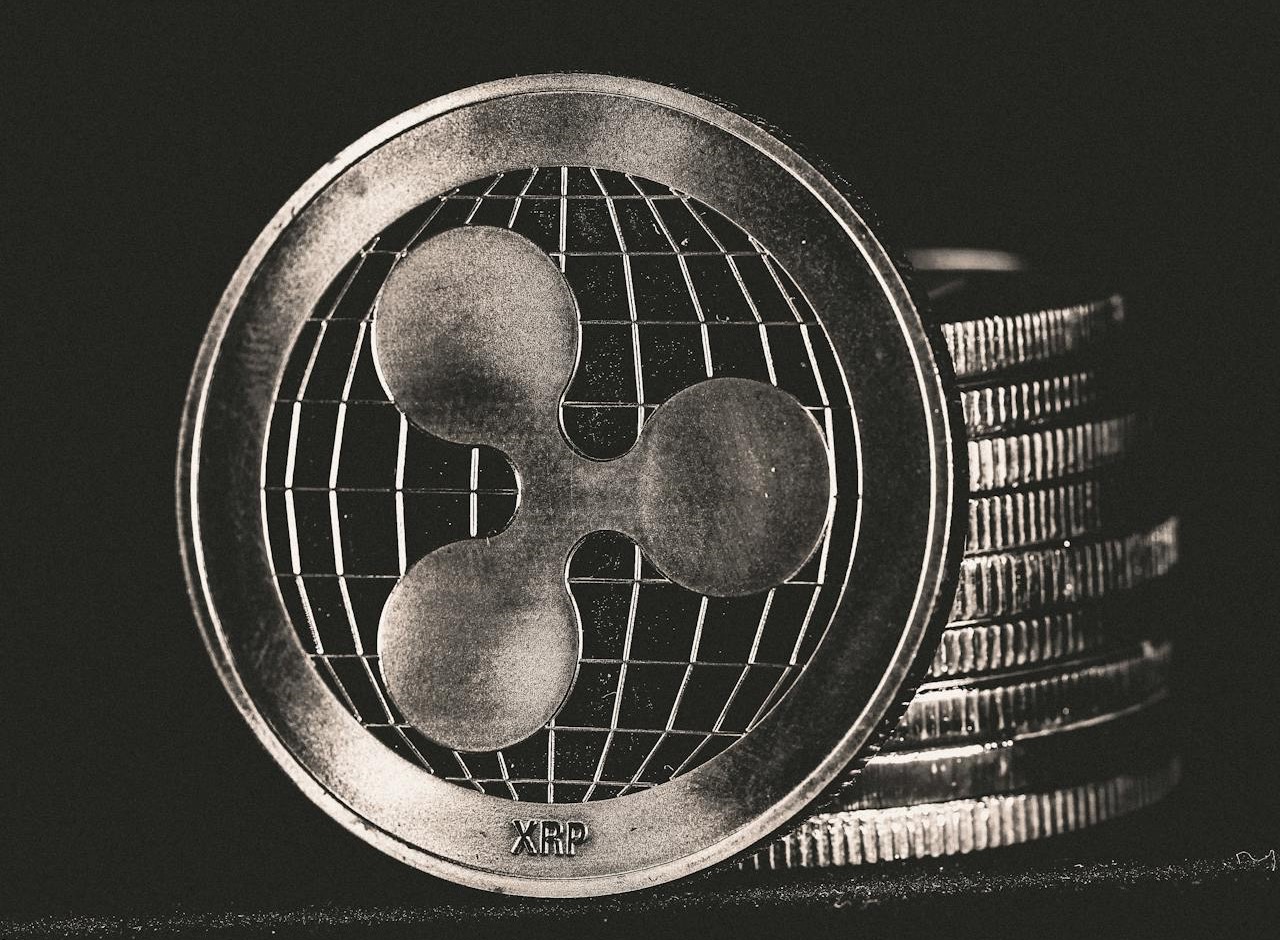

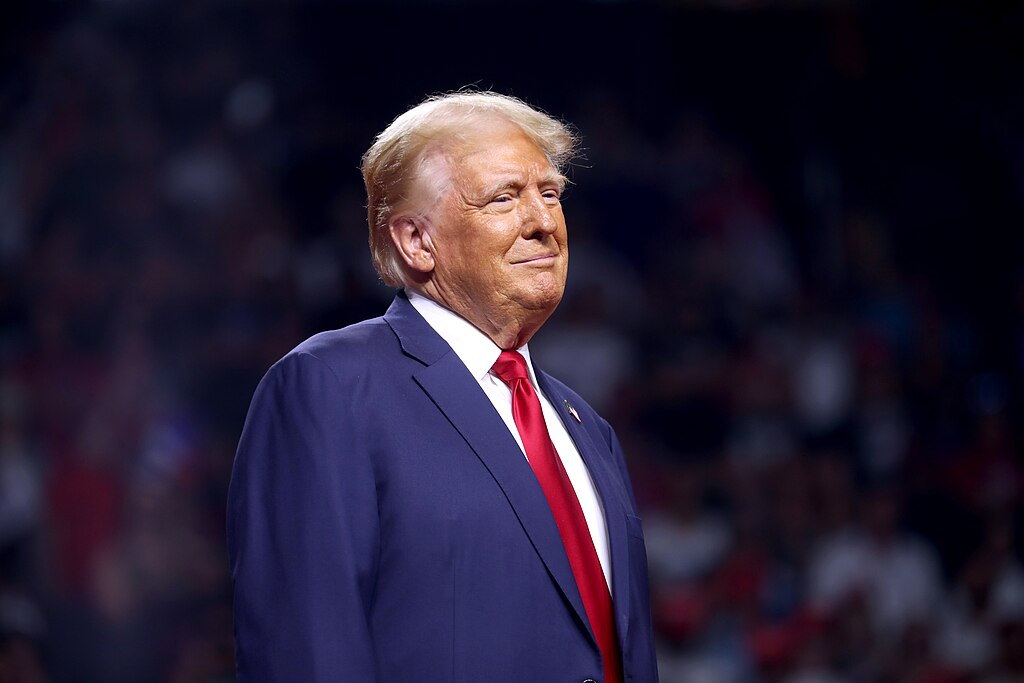

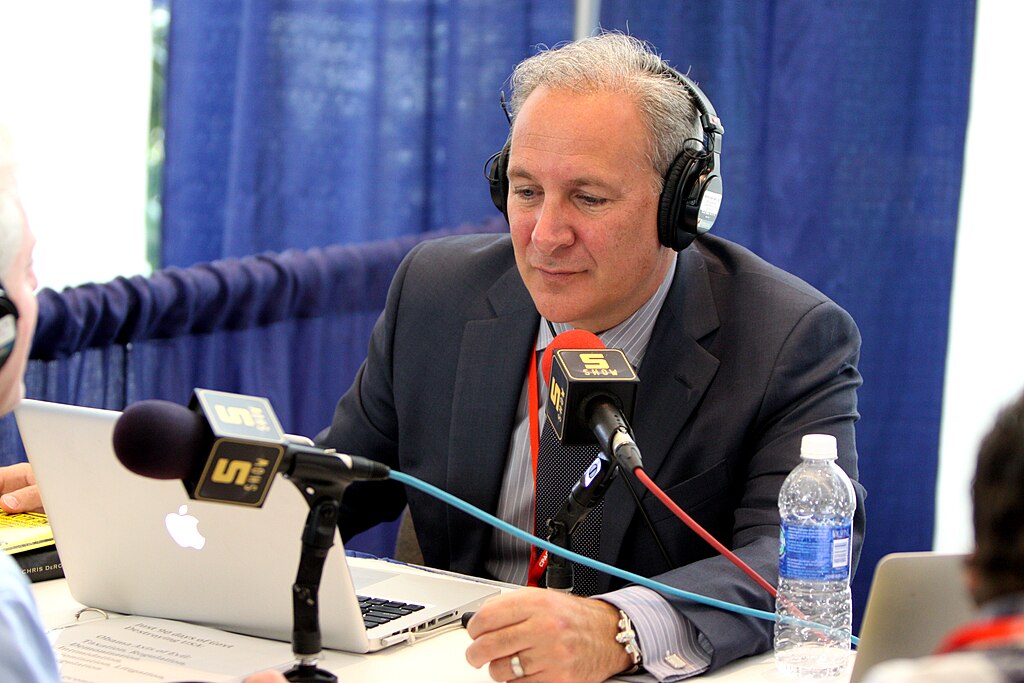


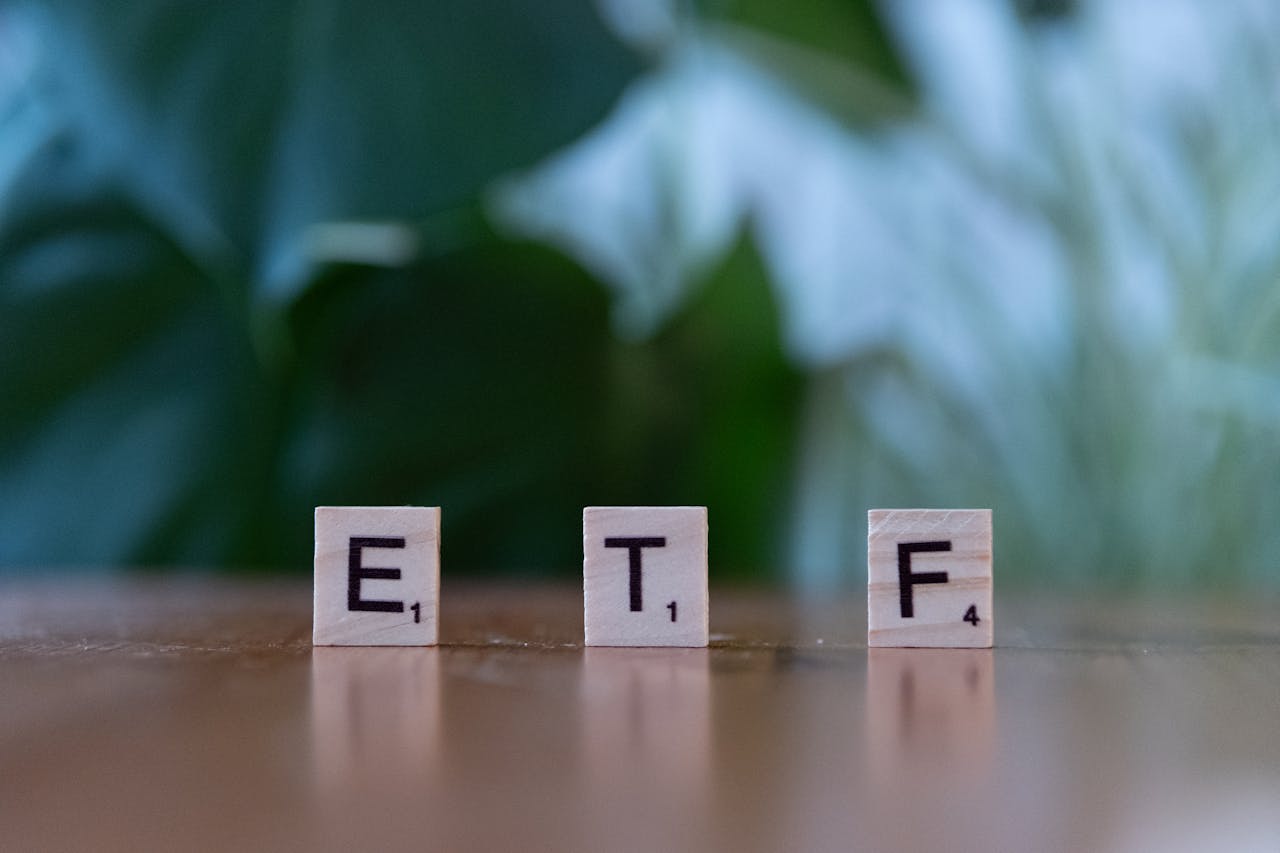











Comment 0